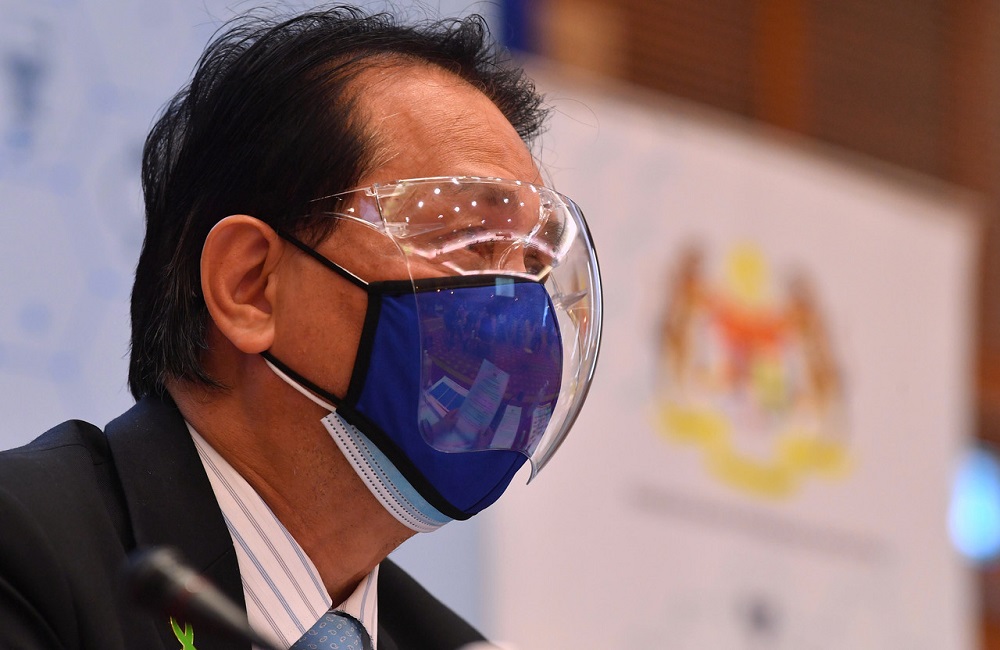The number of psychiatrists in Malaysia currently stands at around 500, said Health director-general Tan Sri Dr Noor Hisham Abdullah. — Bernama pic
KUALA LUMPUR, Oct 10 — The number of psychiatrists in Malaysia currently stands at around 500 with the ratio being roughly one psychiatrist for 100,000 people, said Health director-general Tan Sri Dr Noor Hisham Abdullah.
He said the recommended World Health Organization ratio is one psychiatrist serving 10,000 people, thus, in order to effectively balance this disparity, other healthcare professionals will need to be upskilled to assess and manage mental health issues in the community.
“Malaysia currently has more than 57,000 doctors, of which general practitioners make up 6,700 serving both the urban and rural areas. The most efficient way is to empower general practitioners and family care physicians.
“This remains the focal point in most communities in urban and rural areas, equipping them with adequate knowledge and of updated treatment in psychiatry will stand them in a good stead in diagnosing mental illness in the public for early recognition,” he said.
He said this in his keynote address at the World Mental Health Day 2021 Training Day in Psychiatry organised by College of Physicians, Academy of Medicine Malaysia and Academy of Family Physicians of Malaysia, that was held online today.
He said mental disorders were among the most common and disabling health conditions worldwide and should therefore be considered as a top global health priority.
Referring to the 2015 National Health and Morbidity Survey (NHMS), Dr Noor Hisham said Malaysia reported the prevalence of mental health problems as 29.2 per cent among adults aged 16 years and above, with an increasing trend among adults, from 10.7 per cent in 1996 to 29.2 per cent in 2015.
He said the latest national prevalence of depression was 2.3 per cent, accounting for about half a million people, and single females from rural areas and lower income groups were at higher risk.
Acknowledging and praising the sacrifices made by the frontliners since the start of the pandemic, he also pointed out the need to innovate in addressing and treating the non-Covidpatients in the throes of the pandemic.
“The implementation of new services like Advanced Acute Internal Medicine (AAIM) services in hospitals including Hospital Tuanku Fauziah, Perlis have shown dramatic benefits in reducing non-Covid medical admissions which helped decongest the medical wards.
“In addition, a dramatic drop in the average length of stay for non-Covid medical inpatients (ALOS) resulted in a reduced rate of nosocomial (healthcare-associated) infections infections among hospitalised patients and allowed efficient redeployment of manpower and resources to combat Covid,” he said.
The virtual training event, themed ‘Mental Health In An Unequal World’, which featured a number of vital topics ranging from depression, substance abuse as well as mental illnesses in children, gathered more than 600 doctors from different ends of the health care continuum. — Bernama

